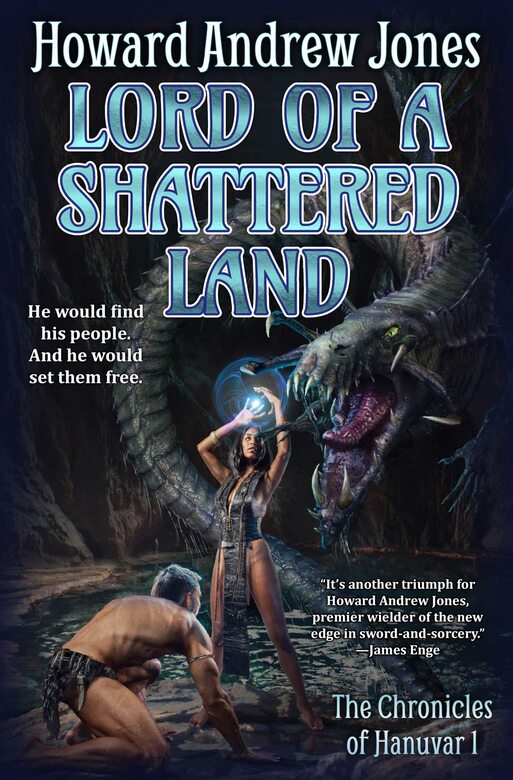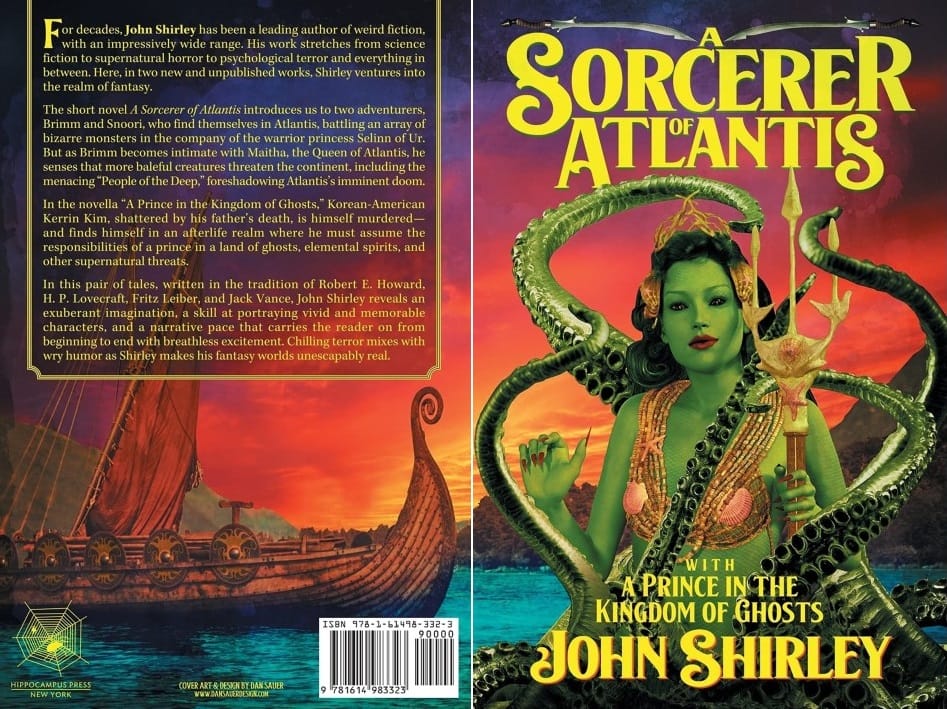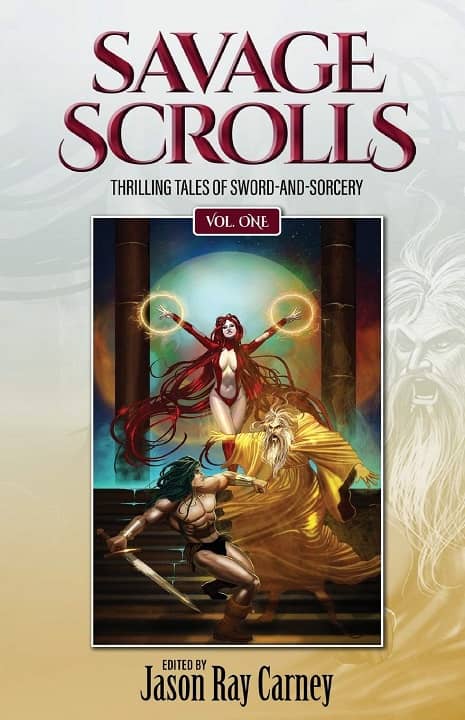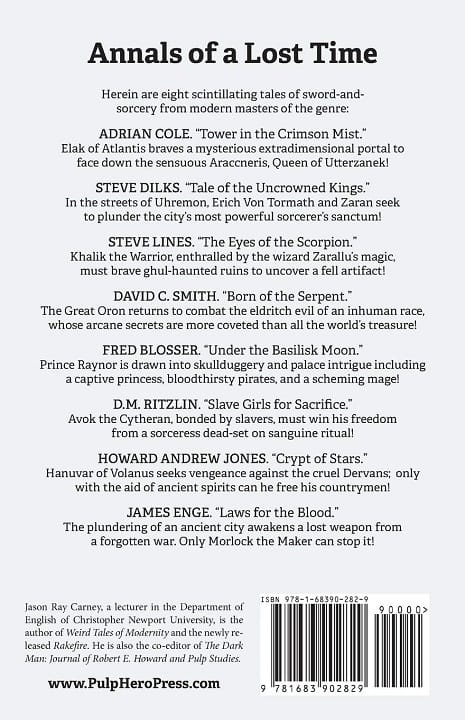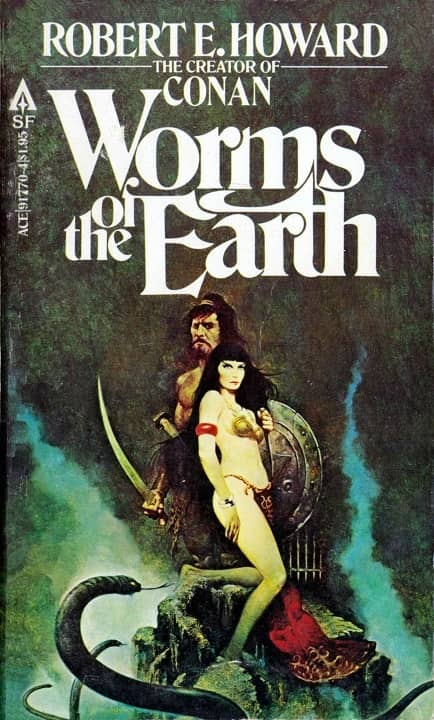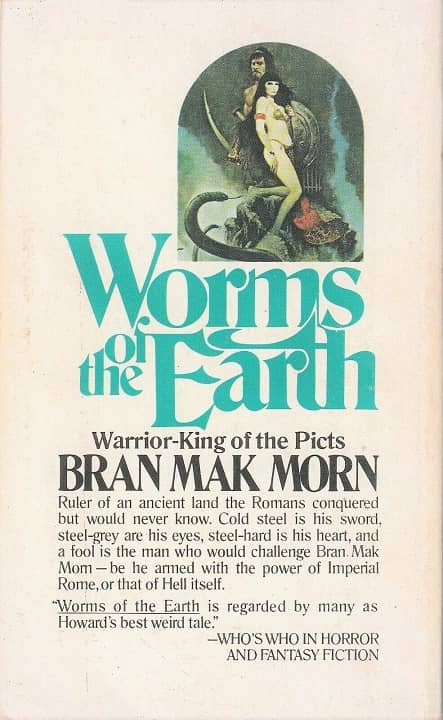Howard Andrew Jones, a Mentee’s Perspective

In 2019, I had an idea: a lot of my friends loved reading sword and sorcery fiction, but they didn’t write it. They would say, “One day.” Many of my undergraduates also expressed interest in writing fantasy, but they often felt discouraged by form rejection letters (genre magazine slush piles are epic). Having studied the history of genre fiction, I knew about the old tradition of “fanzines”— not-for-profit amateur publications that provided a low-stakes outlet for new writers. Just submitting work, collaborating with an editor, and seeing it in print can transform someone’s self-image from being just a reader to being a writer.
So, after some conversations with friends and a bit of encouragement, I started thinking seriously about launching my own zine.
As an academic, I’m deliberate by nature. I like to consult and take my time. Honestly, if I could have formed a committee for this, I probably would have. Instead, I decided to email someone: Howard Andrew Jones.
